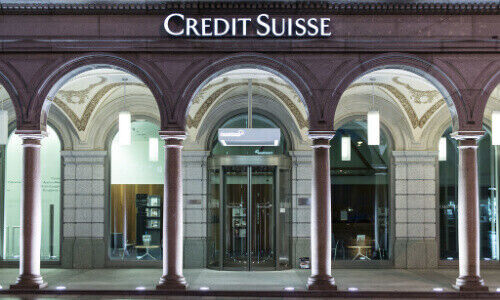Credit Suisse's Toughest Legal Troubles
The Swiss bank was mired in past scandals even before its Greensill problems surfaced this year. finews.asia takes a look at Credit Suisse's most pressing legal issues.
Zurich-based Credit Suisse is working its way through a series of legal, regulatory, and criminal issues – its litigation notes clock in at an impressive 12 pages in its annual report.
The scandals undermine a reform push under António Horta-Osório, chairman of eight months. They also represent a stiff challenge for newcomers into management like risk boss David Wildermuth, who must help inculcate a very different culture at Credit Suisse. finews.asia highlights Credit Suisse's biggest quagmires:
Bulgarian «Cocaine King»
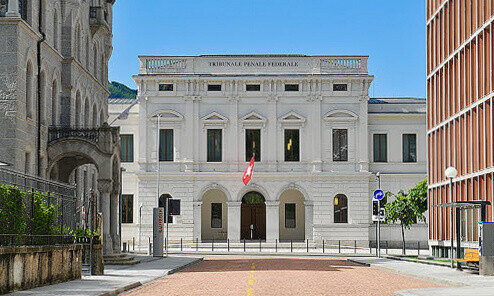
(Image: Shutterstock)
The Swiss bank’s starts off the year with in federal criminal court in February over entanglement with the so-called Cocaine King of Bulgaria. Swiss prosecutors allege Credit Suisse as well as a former executive rinsed more than $100 million in drug proceeds that in turn flowed into real estate.
Credit Suisse – «astonished» to be indicted – is fighting the charges. The criminal trial’s outcome is meaningful as a bellwether for how Switzerland handles corporate wrong-doing, as finews.asia reported in September. Falcon, the first to test an 18-year-old criminal code for companies, was found guilty of wrong-doing and hit with a 10.7 million Swiss franc ($11.7 million) fine earlier this month.
Financially Credit Suisse can pay a similar fine out of petty cash, but it can do without a precedent-setting money laundering trial right now.
Georgian Client Trouble
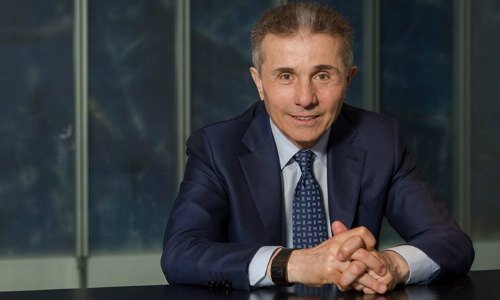
There are no winners in the saga around wealthy ex-Georgian leader Bidzina Ivanishvili (pictured above), who along with others is suing Credit Suisse over $400 million. Ivanishvili’s former private banker Patrice Lescaudron died by suicide last year. A high-powered legal machine backed by Ivanishvili is seeking to call a Credit Suisse managing director who oversees strategic client partners.
A judgment in one jurisdiction the group is pursuing is expected soon. A 2017 legal report, which leaked earlier this year, lists hundreds of warning signs that were not fully investigated between 2009 and 2015.
The costly process, which Ivanishvili seems determined to pursue at all costs, may also cast an unwelcome spotlight on high-profile Credit Suisse bankers who have since moved to other firms, like Iqbal Khan and Claudio de Sanctis.
U.S. Justice Revival?
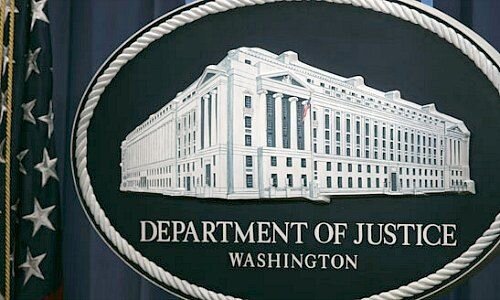
The U.S. justice arm is interested in pursuing companies that have breached their so-called deferred prosecution agreements, or DPAs – common in European banking for everything from tax schemes to rigging Libor or currency markets. It recently told Deutsche Bank that its handling of concerns brought by sustainability chief Desiree Fixler may amount to a violation of a January settlement for a commodities fraud scheme.
The German rival represents an indicator for Credit Suisse, which has U.S. justice revisiting a 2.5 billion tax deal from 2014. The good news is that a U.S. judge denied a suit by Credit Suisse whistleblowers accuses the bank of failing to report an $200 million account held by a wealthy Israeli-American professor, Dan Horsky, despite its 2014 settlement for offshore tax offenses.
The bad news is justice officials, who declined to join the suit, called the agreement a «living document» which Credit Suisse must still abide by. The bank's top lawyer Romeo Cerutti may be occupied with U.S. prosecutors again soon.
Europe's Wealthy And Tax

Notre-Dame de Paris (Image: Pedro Lastra, Unsplash)
Credit Suisse remains in the crosshairs in neighboring European countries including Belgium and France. The probe has been seemingly dormant so long that investors may have forgotten the urgency. UBS provides a refresher: it was convicted in France of tax offenses and money laundering, in a costly ruling which was recently upheld.
It isn’t clear how vigorously other European countries might pursue Swiss wealth managers – the U.K. probe was dropped without any action against Credit Suisse, the bank said in its annual report.
Greensill «Full Monty»?

(Image: Keystone)
The $10.1 billion fund blow-up represents Credit Suisse’s worst current crisis: The bank’s board under Horta-Osório is reportedly deliberating whether to fully release a legal finding on its failings with the now-defunct U.K. supply chain financier. Most pressing is a fund recovery, where just north of 70 percent into liquidating the funds, Credit Suisse is now stuck with the most troublesome obligors.
Incoming wealth head Francesco De Ferrari and ally Philipp Wehle must decide how to make amends with private banking clients who bought the funds. The political, regulatory, business, and financial scandal aspects of the scandal aside, Greensill exposes the weakness of «one–banking» at the wealth manager.
Three of the scandal’s principals – Sanjeev Gupta, Lex Greensill, and Masayoshi Son – were reportedly private banking clients of Credit Suisse.
Mozambique Mess

An October guilty plea and $475 million penalty isn’t it for Credit Suisse with regards to its loans and bonds for the coastal African nation: The bank's admission of guilt to one count of violating U.S. federal wire fraud law could lead to various complications for future capital market business in the U.S. and open the door to civil lawsuits.
Mozambique itself filed suit in London naming Credit Suisse along with three of its former bankers, as well as an Abu Dhabi warship manufacturer and a contact firm linked to it. Credit Suisse felt it had been deceived by its ex-employees and filed a counterclaim at the High Court in London in early 2020 claiming damages against Mozambique for guarantees breached by the country.
Separately, investors who bought roughly $622 million of «tuna bonds» filed a civil action case last year. The bond creditors include Banco Comercial Portugues and the United Bank for Africa.
Key Man Risk
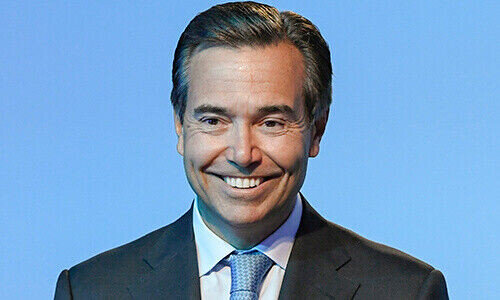
While not a legal issue, Horta-Osório (pictured above) is worth noting: he is to be credited with stabilizing Credit Suisse’s management ranks with high-octane hires like David Wildermuth and Joanna Hannaford, who begin in the top risk and operations as well as technology role, respectively, next week. In turn, Horta-Osório as well as CEO Thomas Gottstein have made just as many headlines for a reported power struggle than for addressing the Swiss bank’s countless problems.
The 57-year-old chairman’s skirmishes over COVID quarantine and an opaque stop by a Credit Suisse business jet at a Southeast Asian resort highlight the cultural highwire act that is his reform job at Credit Suisse. CEO Gottstein has home advantage but remains somewhat weakened by a «no guarantee that it will work out» hit job three months ago.

